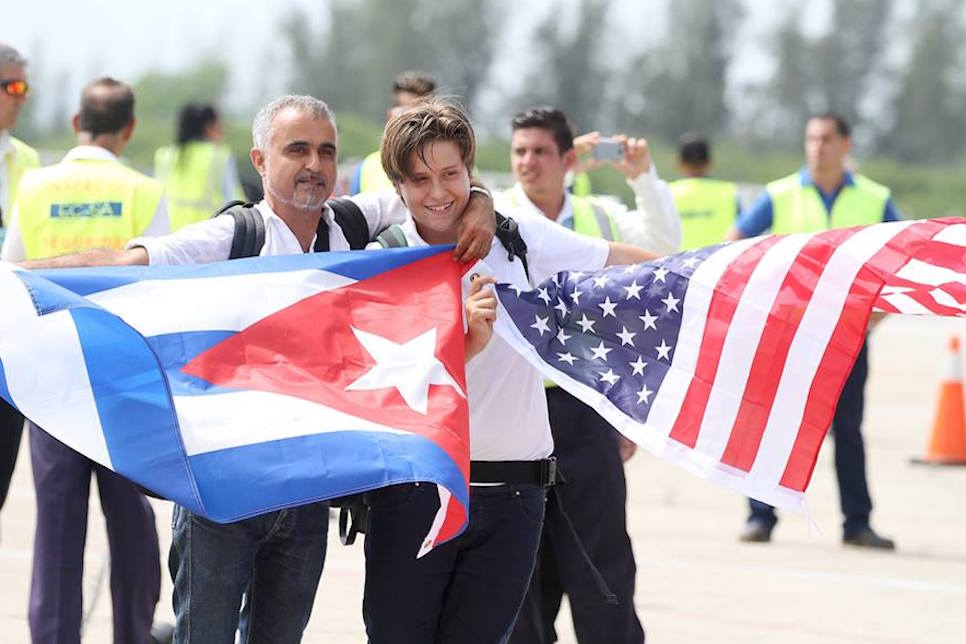Trump Will Tighten Cuba Travel Policies, Not Reverse Them

Skift Take
This isn't the worst-case scenario for Cuba that some U.S. travel brands had feared but it is a step backward and doesn't offer any clear glimpse of a path forward.
President Donald Trump won’t entirely reverse former President Obama’s liberalized policies on Americans traveling to Cuba but he will tighten Treasury Department audits of trips to ensure they fall within the 12 approved categories and that money does not go to the Cuban government or military.
The Trump Administration does, however, intend to end individual people-to-people travel to Cuba for Americans, which was one of the 12 approved categories of travel under Obama’s Cuba travel policies. For U.S. citizens who have already booked an individual people-to-people trip to Cuba, the Treasury Department will be reviewing cases.
A White House official who requested anonymity said that the president's revised Cuba policy “is very much a promise that he made, that he took seriously, that he kept,” during a media call on Thursday. “The basic policy driver was his concern that the previous policy was enriching Cuban military and intelligence services that contribute so much to the island.”
The Treasury Department will have 90 days to implement these changes, according to the Miami Herald, which was briefed on Trump’s planned announcement scheduled for Friday, and broke the news.
This policy would be similar to the previous policy which the Obama Administration eventually lifted, although the State Department was the government agency auditing and monitoring that travelers met requirements for Cuba.
Time will tell how severe the scrutiny would become and whether it would have a chilling effect on Americans’ travel to Cuba.
Other changes are possible, too. Still unclear is whether Americans in Cuba will be allowed to spend money at government-owned hotels and restaurants — and how visitors would even know what is government-owned.
Moving forward, U.S. government officials will need to craft a specific policy based on the presidential memorandum that will be announced on Friday and issue updated regulations.
"It is important to note that the actual regulations which will detail the scope and precise nature of the new regulatory regime will be drafted over the next 90 days," Pedro Freyre, chair of the International Practice at the Akerman law firm and an expert on the U.S. embargo on Cuba, said in a statement. "While not as wide ranging as was originally feared by some of the U.S. business interests, the devil is in the details. It will be critically important to engage U.S. regulators as they go forward with the drafting
